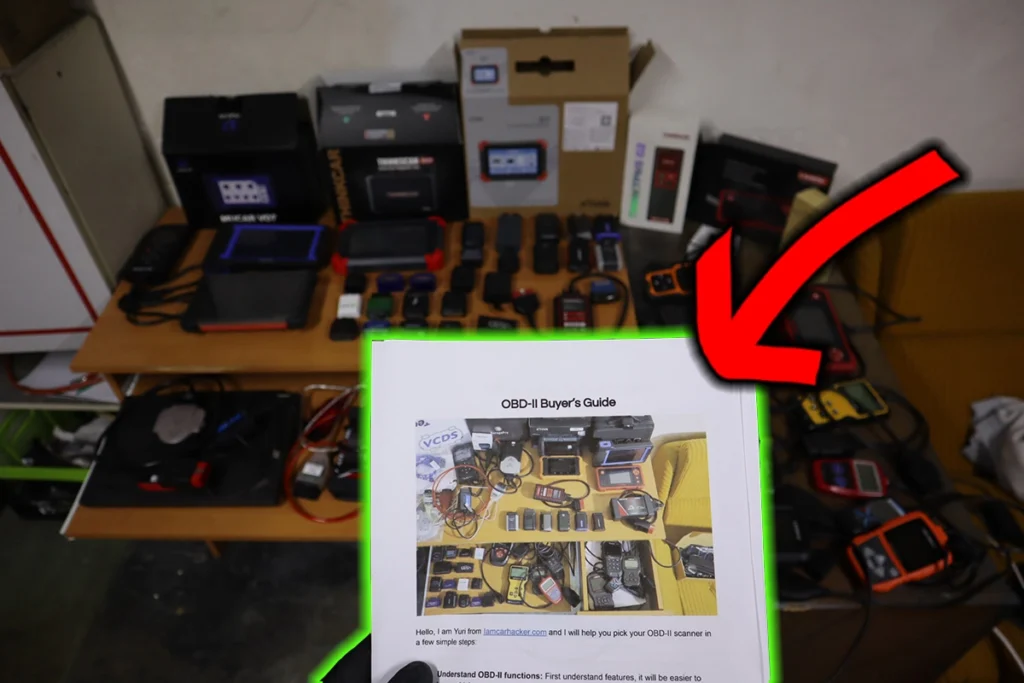The P2837: Shift Fork ‘B’ Position Circuit Range/Performance code refers to a range or performance issue detected in the shift fork ‘B’ position circuit. This issue may arise due to a faulty position sensor, damaged wiring, or problems within the control module responsible for managing the gear selection process. This type of fault can result in improper or erratic gear shifts, impacting the transmission’s performance and vehicle drivability.
P2837 – Quick Overview
| Code | Information |
|---|---|
| Meaning | P2837: Shift Fork ‘B’ Position Circuit Range/Performance |
| Is it serious? | Yes, it can lead to incorrect gear engagement and erratic shifting, which may affect the vehicle’s performance and safety. |
| Possible causes | – Range or performance issue in shift fork ‘B’ position circuit – Faulty sensor or wiring – Control module problems |
| How to diagnose? | – Check the performance and range of shift fork ‘B’ position sensor – Inspect wiring and connectors – Verify control module functionality – Replace faulty components as needed |
P2837 Meaning
The P2837: Shift Fork ‘B’ Position Circuit Range/Performance code indicates that the shift fork ‘B’ position sensor is not performing within its expected range. This could be due to a defective sensor, issues with the wiring or connectors that transmit the sensor signals, or an error in the control module. The shift fork ‘B’ is critical for proper gear selection, and any issue can cause shifting to become erratic or unreliable, reducing the overall drivability of the vehicle.
Step-by-step diagnostic guide
| Action | Description | Tools Needed |
|---|---|---|
| Check for Other Codes | Use an OBD-II scanner to determine if there are additional fault codes. Related codes may provide more context and help identify other underlying issues. | OBD-II Scanner |
| Check Performance of Shift Fork ‘B’ Position Sensor | Use a diagnostic tool to evaluate the shift fork ‘B’ position sensor performance. Ensure that the sensor outputs are within the manufacturer’s specified range. | Diagnostic Tool, Multimeter |
| Inspect Wiring and Connectors | Visually inspect the wiring and connectors associated with the shift fork ‘B’ position sensor for any visible damage, wear, or corrosion that could lead to poor signal quality. | Flashlight, Safety Gloves |
| Measure Voltage and Signals | Use a multimeter to measure the voltage and signal continuity through the shift fork ‘B’ circuit. Check for voltage that is outside of the specified range, which could indicate a fault. | Multimeter, Vehicle Owner’s Manual |
| Verify Control Module Functionality | Use a diagnostic tool to ensure the control module is properly receiving signals from the shift fork ‘B’ position sensor and correctly interpreting them. | Diagnostic Tool |
| Replace Faulty Components | Replace any faulty components, such as the shift fork position sensor, damaged wiring, or connectors, as identified during diagnostic testing. Ensure all replacements are compatible with manufacturer specifications. | Replacement Parts, Multimeter |
| Clear the Code and Test Drive | After repairs, clear the P2837 code using an OBD-II scanner, then take the vehicle for a test drive. Monitor for any signs of erratic shifting or unusual transmission behavior. | OBD-II Scanner |
| Recheck for Codes | After the test drive, re-scan the vehicle to verify that the P2837 code has not returned. If the code reappears, further diagnostic tests may be required. | OBD-II Scanner |
Free PDF: How to choose OBD2 scanner

I’ve made you a free PDF to choose the OBD2 scanner in 5 minutes.
✅ Which OBD2 scanner is best?
✅ Which type should you get (DIY, Pro, Hobby)
✅ What is the best scanner for the exact brand/feature (e.g best for BMW)
✅ How to get a Bi-Directional tool for as cheap as $40
✅ Discount coupons for scanners
PDF is 100% free and it is designed to help you pick a scanner in less than a few minutes! Not a boring 50-page guide.
Just tell me where to send it.

Hi, I am Juraj “Yuri” Lukacko. I got frustrated by unhelpful and scammy mechanics, so I decided to learn everything about car diagnostics myself. I test dozens of new car diagnostic tools every month along with learning new strategies to fix and customize cars. About Juraj Lukacko (Yuri)